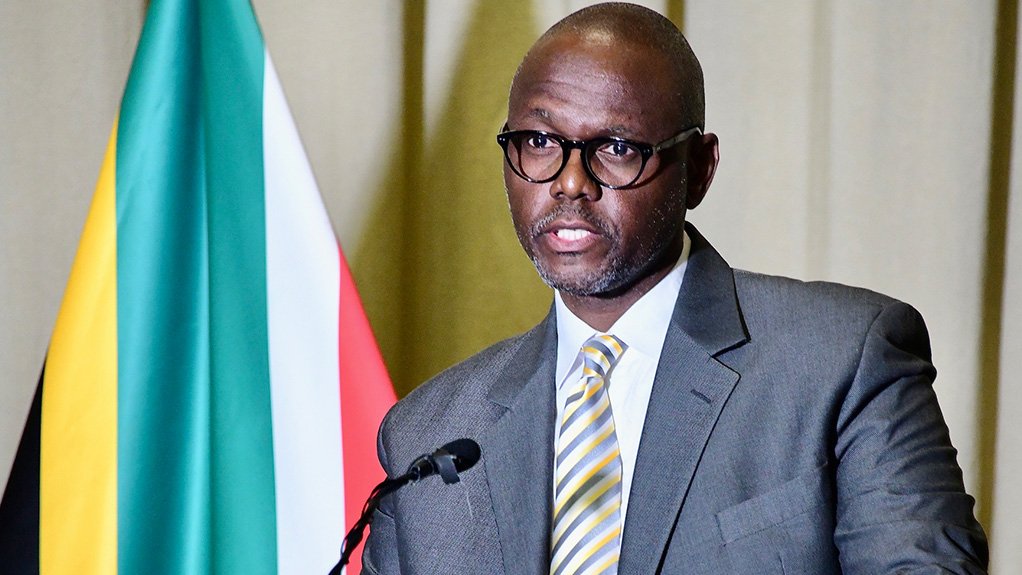President Cyril Ramaphosa won't simply sign the controversial National Health Insurance (NHI) Bill into law.
"I don't think there should be any panic," Presidency spokesperson Vincent Magwenya said at a briefing on Wednesday, just hours before the National Council of Provinces (NCOP) vote on whether or not to accept the Bill in its current form.
"Concerns have been expressed directly to the president [about] certain parts of the Bill. Once the Bill has been passed, the president still has a constitutional imperative in processing that Bill before he signs it. He will look at the process. One of the things he will look at is, has there been sufficient consultation and if so, have those consultations sufficiently addressed the issues of concern," Magwenya explained.
He said it was within Ramaphosa's remit to send back a bill if he has any concerns.
"The passing of the Bill doesn't necessarily mark the conclusion of the process. The president does not, each time he receives a Bill, just sign it as a given. If he so desires, he can open another round of consultation to satisfy himself that what he will sign will not be subjected to endless litigation," the spokesperson added.
He was briefing the media about Ramaphosa's diary.
In an unprecedented move, business organisations have written to the presiding officers of the NCOP as well as Deputy President Paul Mashatile, who is the leader of government business, urgently appealing to put a stop to the bill.
Last week, the NCOP Select Committee on Health and Social Services adopted the bill without any amendments to the version passed by the National Assembly, despite intense lobbying from Business Unity SA, Business for SA, and healthcare professionals.
Healthcare professionals also voiced their concerns over the NCOP's refusal to amend the bill, which has moved almost entirely unchanged through the parliamentary process since 2019.
Business organisations are particularly concerned about Section 33 of the Bill, which deals with the phasing-in of the NHI and the phasing out of private medical aid insurance. It states that "once the NHI is fully implemented as determined by the Minister of Health, medical schemes may only offer complementary cover to services not reimbursable by the fund".
Section 33 is certain to be challenged on constitutional grounds, due to the limitation it would impose on the right to health. Trade union Solidarity has already indicated that it will challenge this.
The Bill aims to establish universal healthcare for all South Africans by abolishing the "two-tier" system, in which the bulk of healthcare spending is made in the private sector for the benefit of a few, while the mass of the population is relegated to the "under-funded" public sector.
The Bill will establish a single NHI Fund, managed by the state, to buy healthcare services from the public and private sectors.
Services will be free to the public at the point of delivery. Once a service becomes available under the NHI, medical schemes will no longer be allowed to cover it, implying the ultimate phasing out of private medical insurance.
Proceedings in the NCOP started at 14:00, but the vote on the Bill is expected later in the afternoon.
EMAIL THIS ARTICLE SAVE THIS ARTICLE
To subscribe email subscriptions@creamermedia.co.za or click here
To advertise email advertising@creamermedia.co.za or click here











